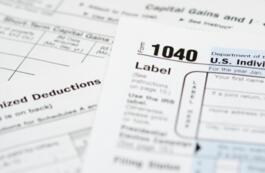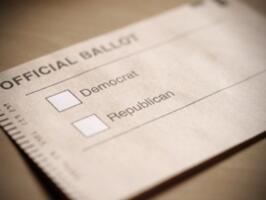67% Favor Limits on Drone Use
Attorney General Eric Holder continues to defend the use of unmanned drones to kill U.S. citizens abroad suspected of terrorism and hasn’t ruled out their use on targets here in the United States.
But Rasmussen Reports polling finds that just 36% of Likely U.S. Voters favor the American government’s use of unmanned drones to kill U.S. citizens in other countries who pose a terrorist threat.
(Want a free daily e-mail update? If it's in the news, it's in our polls). Rasmussen Reports updates are also available on Twitter or Facebook.















